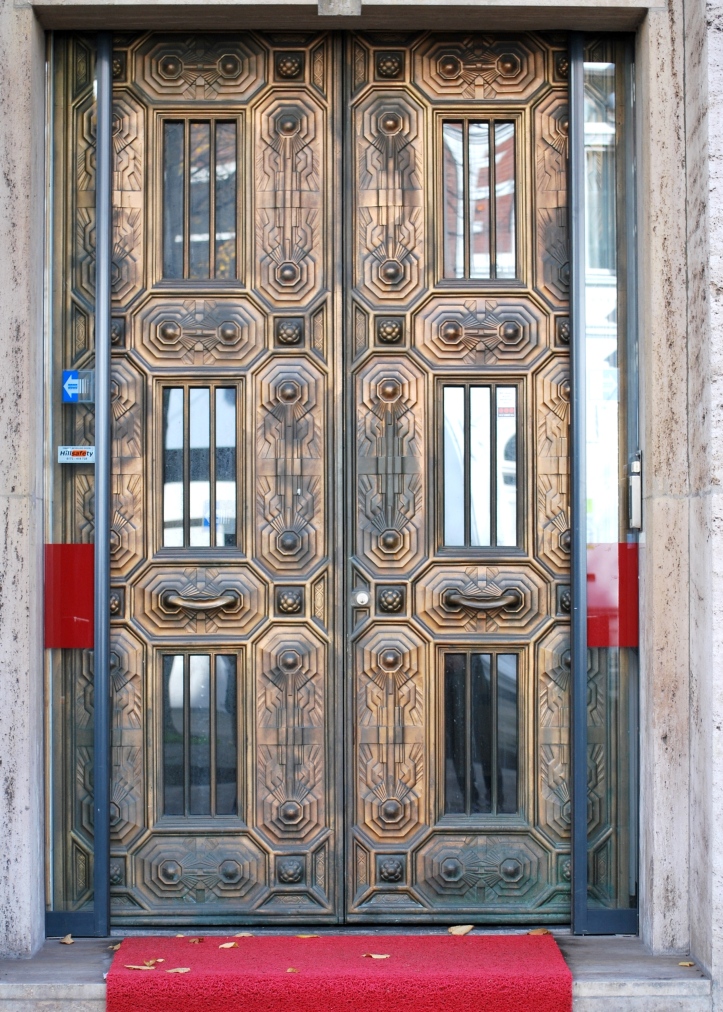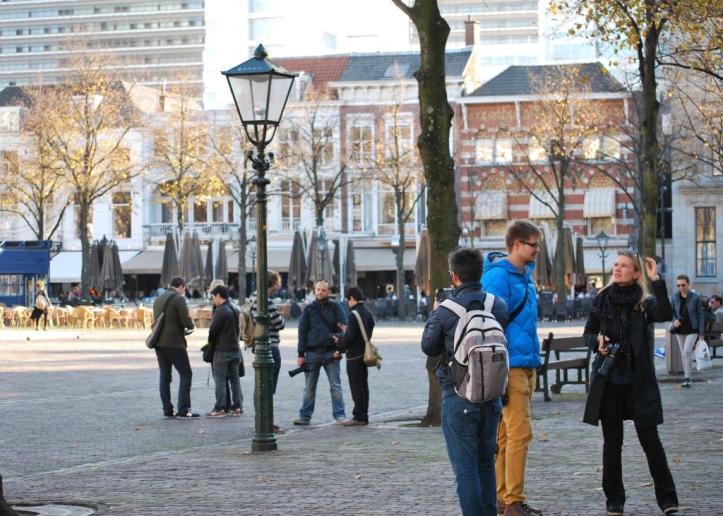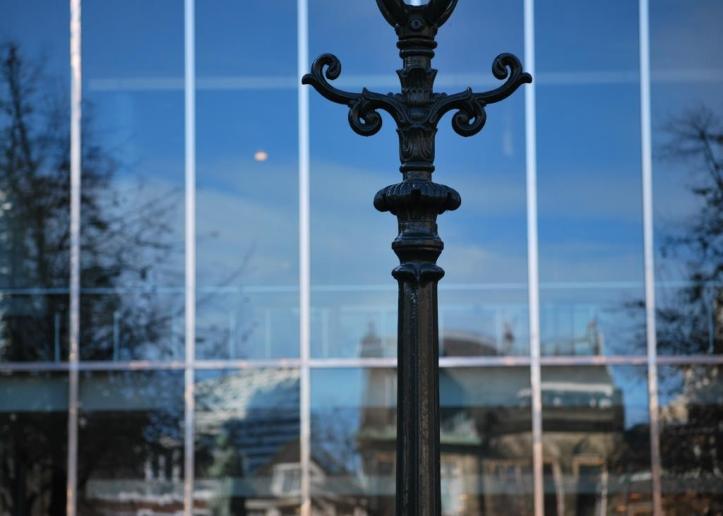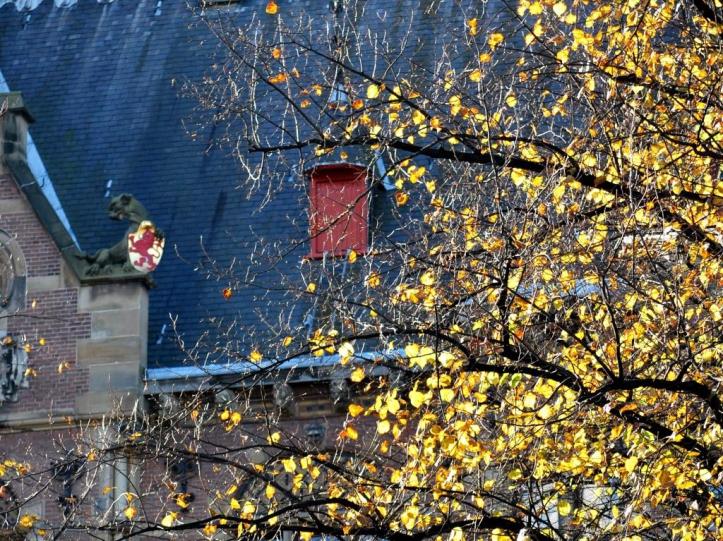
Three months ago I moved to the Netherlands, having spent one year moving back and forth from India to The Netherlands, till I could pass my Dutch integration test, to get a long term visa,. Having given an integration test and got 94/100 in the history section, I knew more history dates than my Dutch partner, but did that mean I was integrated more now than before? Is this method of integration relevant and working? well that is a discussion for another time…
After two months of feeling displaced, disoriented in a new culture and place, I decided to engage with it. To engage with a culture is to engage with its people, its streets, and its history, what better way than a photo walk in The Hague, the seat of power in the Netherlands. The photo walk was arranged on Dutch Photography Meetup group by Jelena. We met at the Clock at the Hague Central Station. The Clock, black and white, reminds you of Bauhaus, is actually from the 50s. It is striking, and very photogenic. Apart from the clock the central station itself is just grey concrete. The ‘New Babylon’ structure next to it is far more interesting, the architect has played with the façade grid, mixing patterns which breaks the monotone, a rare feature. The station on the inside has been renovated extensively, in fact, some parts still under construction. The new support structure for the roof is appealing in its grid and columns forming a play with light.




We walked from the station towards The Plein, the group consisted of more foreigners than Dutch, some had lived here most of their lives, but still were from other countries, s if I was looking for Dutch culture, this was not going to be it. Though it occurred to me that there is such a large population from all over the world, which though does not in the true sense reflect ‘Dutch culture’ it does tell you that you that its a tolerant society.
On our way through the streets, on a rare sunny day in autumn, there it was this striking Art Dec door. If you have studied any kind of design, Art Deco is a stunner. Flamboyant and geometric its one of more interesting doors I have seen in this style. The street had lent itself to old and new, this is what I find interesting in an urban space. The interaction of old and new elements, how do architects and designers navigate it, to find a balance. There was a building, with a kind of a crown element, of stick people holding hands. It is striking, inspiring and so in context in a city that has the international courts. The building behind the Plein are all contemporary and in Postmodern style. This is one of the best Postmodern skylines that I have encountered. What makes it so interesting is that you see this contemporary architecture from a plaza which has structures from the 18th and 19th century. For architects this is a perspective that stimulates, a conversation about styles, and how the fit juxtaposed next to each other.




By itself the plaza (Plein as the Dutch call it) is of a comfortable size, not too large to impose, and not to small to take away the feeling of openness. In it stands ‘William of Orange’ the founder of the Netherlands, and the ancestor of the monarchy of the Netherlands.The Orange Monarchy continues today to symbolically rule the country, and hence it is called ‘The Kingdom of Netherlands’. William of Orange is also known as ‘William the Silent’ though if you read his biography, he does not seem silent, after all he led a rebellion, and was married 3 times, but yes he seemed prudent and to know when not to speak. The statue in the Plein was made to point to the Binnenhof, which is the Dutch parliament. Well it definitely seems to point at the coat of arms. The statue made by Dutch sculptor Lodewyk Royer, was installed in the centre of the square in 1848, the town square was constructed in 1632. Meeting ‘William the Silent’ is a great way to introduce Dutch history to an outsider. This square has been part of countless demonstrations and debates. The journey of a state to become a neutral ground, for the International Criminal courts and others. The space speaks of various changes that have taken place in the Dutch society, demonstrated in the diversity of different coffee places in the square. There are different races integrated into this society, but how do people integrate? how does the existent society assimilate them, and how do I assimilate into this society is a learning process. The Plein is a good metaphor for the Dutch Urban landscape, in spite of all these varied elements, the Plein seems calm, and comfortable, and William the Silent stands contemplating in it.






